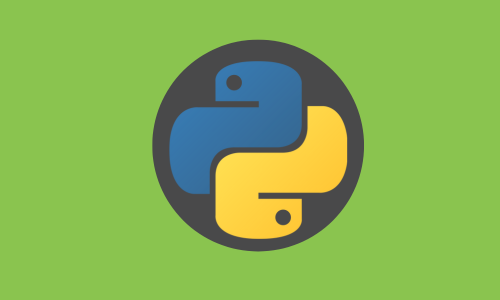There are no items in your cart
Add More
Add More
| Item Details | Price | ||
|---|---|---|---|
Language: ENGLISH
Instructors: Philip Beddit
Validity Period: 180 days
Why this course?
Python has emerged as the lingua franca of modern data science, machine learning, and artificial intelligence. Its readability, rich ecosystem, and versatility enable practitioners to efficiently develop, analyze, and deploy sophisticated data-driven solutions.
Designed for both beginners and practitioners, the chapter integrates theoretical concepts with hands-on exercises, downloadable resources, quizzes, and projects to solidify understanding and practical skills. By mastering this material, readers will be equipped to harness Python’s full potential in data science and AI applications.
Python Programming Fundamentals
Introduction to Python
A comprehensive overview of Python as a programming language, including its history, features, and installation process. This section covers writing your first Python program and understanding Python’s execution environment.
Syntax and Variables
Explains Python syntax rules, variable declaration and naming conventions, and the importance of indentation in code structure.
Data Types Overview
Introduction to Python’s built-in data types, including numeric types (integers, floats), strings, lists, tuples, sets, and dictionaries. Includes examples of usage and type conversion.
Operators and Expressions
Covers arithmetic, comparison, logical, assignment, and bitwise operators, including operator precedence and associativity.
Control Flow in Python
Conditional Statements
Detailed explanation of decision-making constructs: if, elif, and else statements, with practical examples and nested conditions.
Looping Statements
Discussion on iteration using for and while loops, including control keywords such as break, continue, and pass.
Python Data Structures
Strings
Manipulation techniques, string methods, slicing, formatting, and use cases.
Lists and Tuples
Differences between mutable lists and immutable tuples, indexing, slicing, list comprehensions, and common methods.
Sets and Dictionaries
Overview of unordered collections, unique elements, dictionary key-value pairs, and operations such as insertion, deletion, and lookup.
Functions, Modules, and Packages
Functions
Function definition and invocation, parameters, return statements, default arguments, variable-length arguments, and lambda expressions.
Modules and Packages
Organizing code into reusable modules and packages, importing techniques, and using Python Standard Library modules.
File Handling and Exception Management
File I/O
Reading from and writing to files using different modes (r, w, a), working with file paths, and managing resources using context managers.
Exception Handling
Introduction to error handling with try-except blocks, raising exceptions, and using finally for cleanup.
Advanced Python Topics
DateTime Module
Working with date and time objects, formatting, parsing, and arithmetic operations.
Regular Expressions
Pattern matching, searching, and data extraction using the re module, with practical examples.
Web Scraping
Techniques for extracting data from web pages using libraries such as requests and BeautifulSoup.
Python Libraries for Data Analytics and Visualization
Pandas
Data structures like Series and DataFrame, data manipulation, aggregation, and cleaning techniques.
NumPy
Array creation, indexing, vectorized operations, and matrix manipulations.
Matplotlib and Seaborn
Fundamentals of plotting, creating various chart types, and customizing visualizations for data storytelling.
Introduction to Machine Learning with Python
An applied overview of machine learning fundamentals including model training, evaluation, supervised and unsupervised learning techniques. Case studies such as breast cancer classification, customer segmentation, churn prediction, and loan status forecasting provide practical experience.
AI Applications Using Python
Explores practical AI implementations such as developing a virtual assistant and a driver drowsiness detection system. This section focuses on integrating Python programming with AI libraries and real-world datasets.
Coding Challenges and Assessments
A series of progressively challenging problems designed to reinforce concepts covered in the chapter. These coding exercises encourage critical thinking and algorithmic problem-solving.
Interview Preparation: Top 100 Python Questions
Curated commonly asked interview questions with detailed explanations and solutions. This section prepares readers for technical interviews and assessments in Python programming roles.
After successful purchase, this item would be added to your courses.You can access your courses in the following ways :
